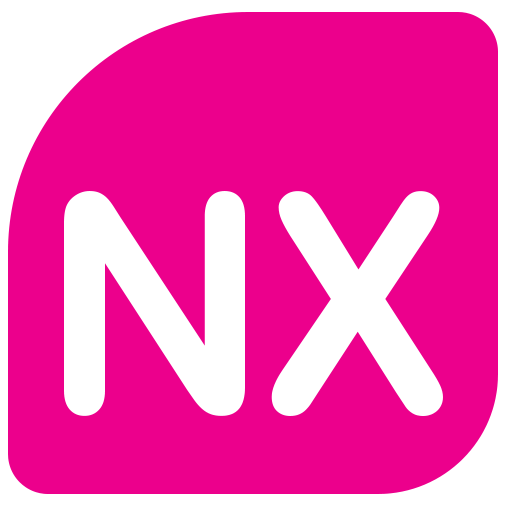Blockchain technology has far-reaching applications that go beyond bitcoin and cryptocurrency. From a business standpoint, consider blockchain technology to be a type of next-generation business process improvement software.
Collaborative Technology
It is enumerated that Collaborative technology, respectively as blockchain, widely promises to ameliorate business processes between companies while drastically lowering the “cost of trust.” As a result, it may provide significantly higher returns on investment dollars than most traditional internal investments. Financial institutions are investigating how blockchain technology could be used to disrupt everything from clearing and settlement to insurance.
Rise of Cryptocurrency
The rapid rise of cryptocurrency is forever altering the global financial landscape, posing both risks and opportunities for new and existing players. Crypto, which is based on blockchain or “distributed ledger” technology, disrupts traditional business models by eliminating the need for trusted intermediaries. As a result, the current explosion in crypto applications marks the beginning of a revolution that no organization can afford to ignore.
Cryptocurrencies such as Bitcoin, Ethereum, and Solana are today’s most visible and high-profile applications of crypto. However, this is only the tip of the crypto iceberg. From the purchase and sale of digital assets on crypto exchanges with a market cap above USD 1 trillion to the use of non-fungible tokens (NFTs) for music releases, and from insurance automation through smart contracts, to central banks developing their digital currencies, the momentum behind crypto is rapidly growing. Its effects will be felt in almost every aspect of life and business in the coming years.
Final Say
We can imagine a world in which contracts are embedded in digital code and stored in transparent, shared databases that are protected from deletion, tampering, and revision using blockchain. Every agreement, process, task, and payment in this world would have a digital record and signature that could be identified, validated, stored, and shared. Lawyers, brokers, and bankers may no longer be required as intermediaries. Individuals, organizations, machines, and algorithms would be able to freely transact and interact with one another. This is blockchain’s enormous potential.

